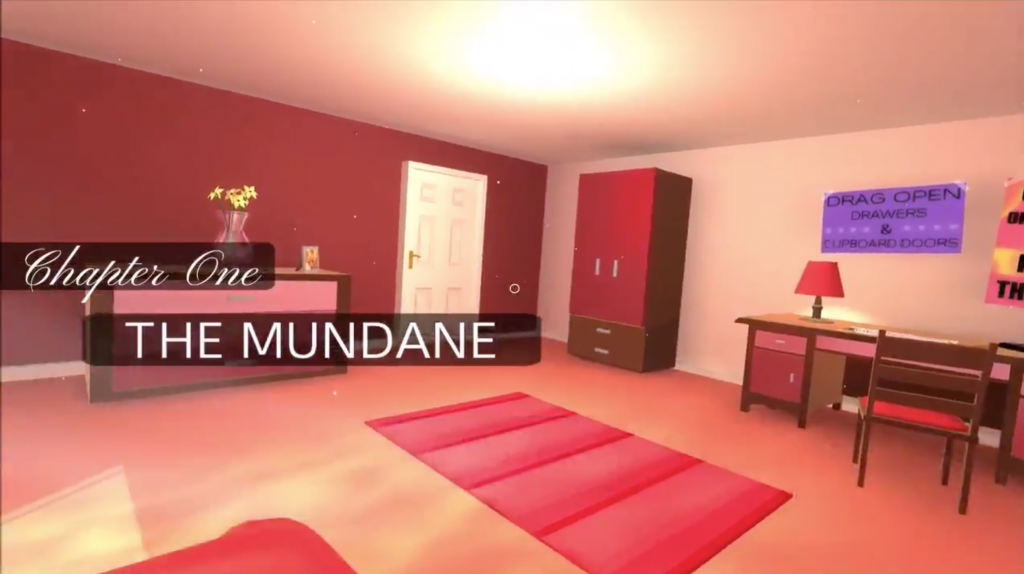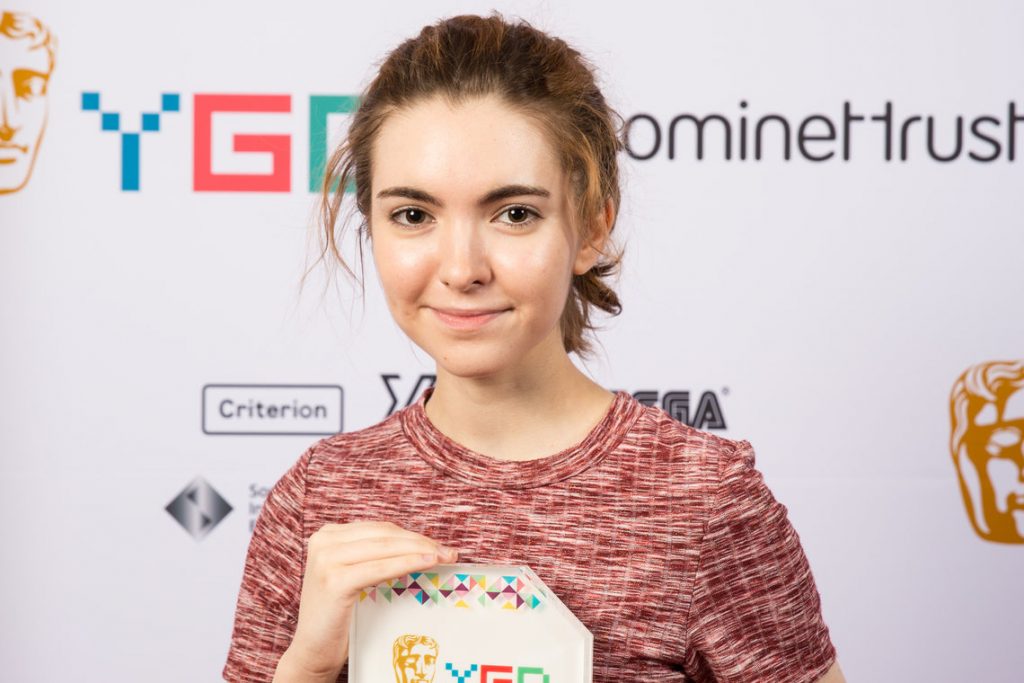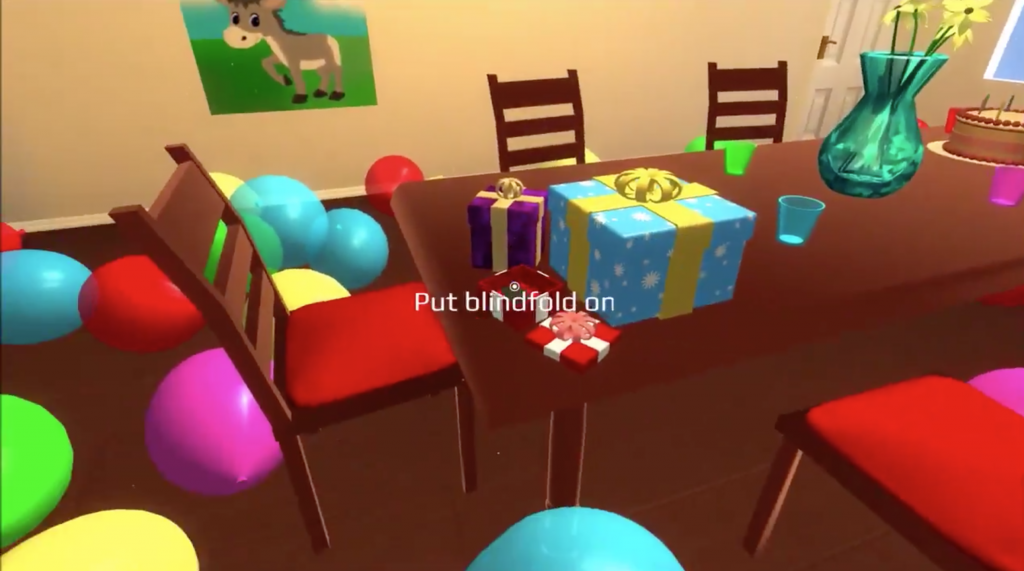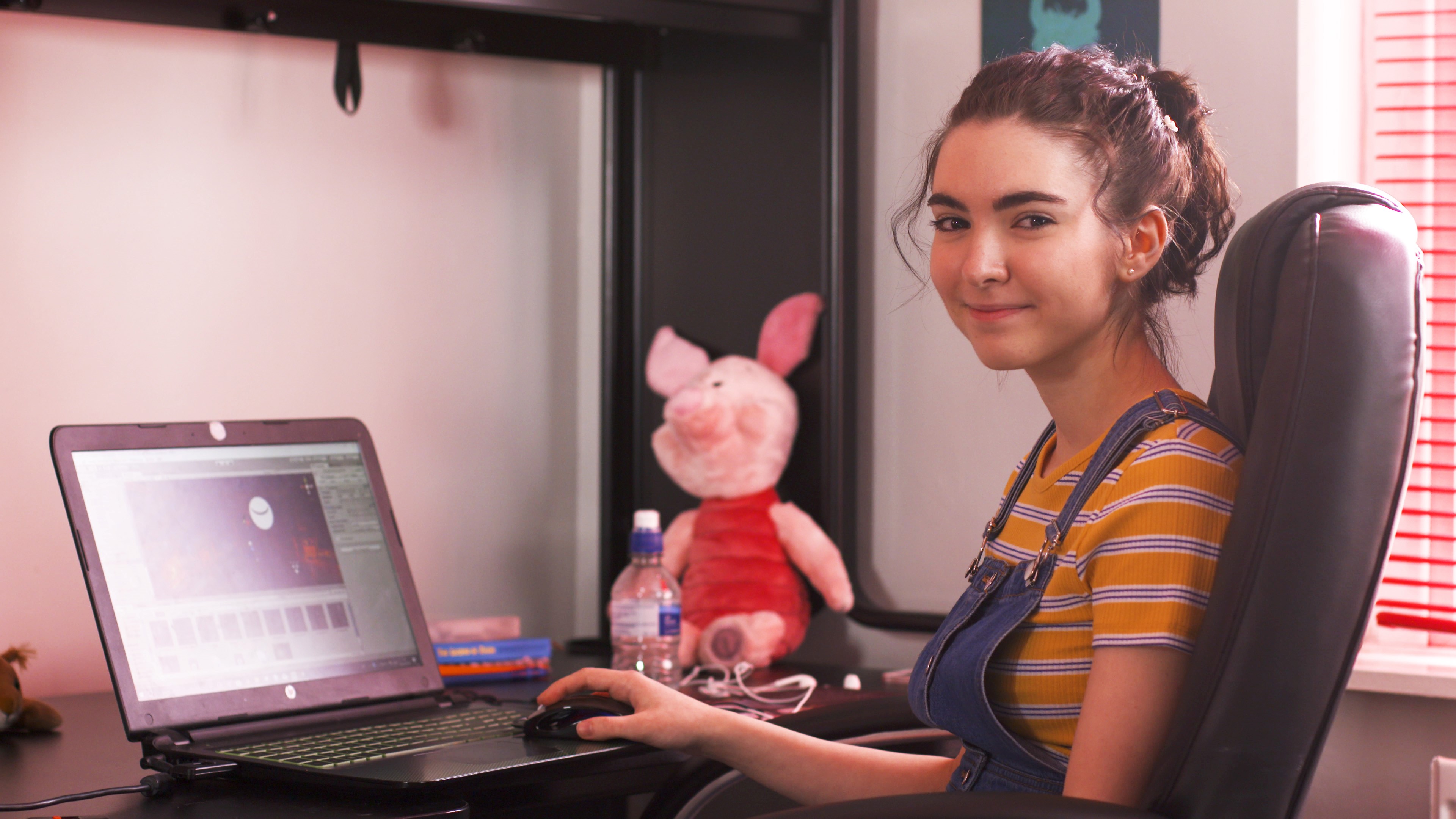She’s just 18, but Emily Mitchell has already made a strong start on smashing taboos and stereotypes. Hailing from Watford, the young woman is the creator of Fractured Minds, a video game which addresses and educates its players on the challenges faced by people suffering from mental health issues.
“It’s a short game,” explains Emily, “and it explores the challenges and struggles of people suffering with mental health issues.” It’s also a simple game, reminiscent of early 00s online games such as Escape From the Red Room. However, there’s more to Emily’s game than just escaping.
“Each room represents a different aspect of mental illness and how it affects people’s daily lives,” says Emily. “I wanted the player to be able to use their own experiences of mental health to interpret the meaning of the game, so that they could get a sense of what each level means to them personally. I really wanted the game to mean something to people, to be more than just a game you play and forget about.”
Setting The National Agenda

Chapter One of Emily’s Game. Image Credit: Fractured Minds
Mental wellbeing and healthcare has rocketed to the top of the political agenda during the past few years. The Conservatives, Labour Party, Liberal Democrats, Plaid Cymru and the SNP all put new provisions and protections in their latest manifestos, and there has been a growing dialogue about mental health provisions, and the ‘stigma’ surrounding mental health issues, with the number of regular Google searches almost doubling over the past five years.
It’s also a crucial human rights consideration. People living with mental illnesses shouldn’t be discriminated against at work, school or anywhere else – and that’s a protected right. The right to health, enshrined in the International Covenant on Economic, Social, Economic and Cultural Rights (which the UK is signed up to), also says we should be able to access care such as doctors’ appointments and hospitals, and this includes mental health services.
I really wanted the game to mean something to people, to be more than a game you play and then forget.
Emily Mitchell
However, there’s still a long way to go, which is one of the driving reasons behind creating the game, which recently won BAFTA’s Young Game Designer Award. “Mental health care is so important,” says Emily. “Especially as many forms of mental illness such as anxiety and depression are becoming increasingly common in the younger generation.” Data from the Office of National Statistics show that 18 percent of young people reported symptoms of anxiety or depression in 2013, which increased to 21 percent in 2014.
A Personal Struggle – That’s Often Invisible
 Image Credit: BAFTA
Image Credit: BAFTA
For Emily, it’s a personal project in more ways than one. “I wanted to make a game that really meant something and would resonate with a lot of people,” she tells RightsInfo. “It’s something that’s very personal to me as I have suffered with anxiety for quite some time. I wanted to draw on my own experiences and create something that would give some insight into the daily lives of those suffering with mental health issues.”
I wanted to draw on my own experiences and create something which would give insight into the daily lives of those suffering.
Emily Mitchell
“I have to be honest – I actually had a very bad anxiety attack at the train station on the morning of the ceremony and had even considered going home because I was in a pretty bad state. To win after that was such an incredible feeling- for the worst day to turn into the best was just amazing.”
Emily is particularly motivated to tackle the “isolation” you can feel when suffering with an “invisible” illness. “I think people are becoming more aware about the importance of mental health,” she adds. “That’s a really good thing, but we still have a long way to go.”
Using Technology For Good
 Image Credit: Fractured Minds
Image Credit: Fractured Minds
With stories like the Cambridge Analytica scandal, it’s easy to get dragged into the narrative that technology is bad for our rights. On the contrary, though, there’s a growing movement not only using tech for good, but to help us enforce and protect our rights.
Gaming gives you an escape into another world and I think this appeals to a lot of different people.
Emily Mitchell
Blockchain, for example, the current buzzword in digital life, has birthed a whole host of projects supporting everything from refugees to our freedom of expression. The internet has also helped to empower campaigners to raise awareness and reach people in ways they couldn’t before – for example, the growing movement to end period poverty. Emily’s game is just another example of innovative and exciting ways we can get people engaged with protecting our rights.
Plus, it also comes with the added bonus of smashing stereotypes about girls in gaming. “Gaming gives you an escape into another word,” says Emily. “I think this appeals to a lot of different people. As a whole, I don’t think games are for anyone in particular. It mostly comes down to game genre and personal taste. Lots of girls are just as passionate about gaming as any other games enthusiast.”







